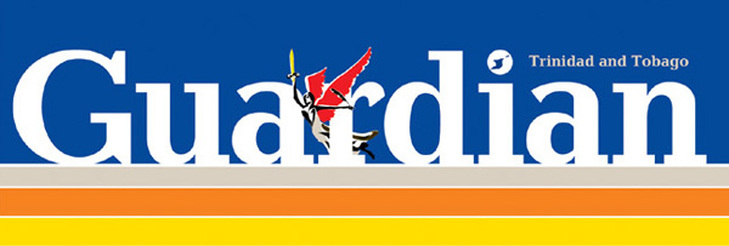Following the suicide death of Aaron Swartz, Lessig’s friend, colleague and fellow copyright/internet activist in 2013, in what many commentators say was a witch-hunt by the US Government, Lessig stood up to the US Attorney for Massachusetts Carmen Ortiz. And a battle that went all the way up to the attorney general at the time, Eric Holder, called out her disproportionate procedures, overreach, and corrupt desire to make an example of Swartz.
Today, using his fearlessness, vast legal knowledge, and political activist skill set, Lessig is taking on corruption in democracy. To a combination of much support and ridicule, he has launched a single-issue campaign to become the Democratic nominee in the upcoming US elections. His single issue is corruption. In particular, fixing the corruption of US democracy and the political system generally.
To do this, he recently introduced his “Referendum Presidency.” A referendum president is one who seeks power solely for political reform. As soon as they achieve this reform they step down. The reform Lessig wants is of a political system “rigged to help the very few, those with the money to fund the politicians’ campaigns.”
Now many people think Lessig’s idea is not only foolish but also impossible. For example, say he somehow won the nomination and the presidency. What would a single-issue president do if a war broke out? Or as someone asked Lessig on a recent Reddit AMA, “What happens when early in your presidency, something happens outside of your wheelhouse? Say that a Supreme Court justice passes away and you need to nominate a new one, or Congress puts forth a bill defunding planned parenthood, what do you do?” Important questions, and if you read his campaign he has answers for them.
Others call his single-issue campaign egotistical, delusional and a charade. Perhaps these criticisms are warranted. However, on another level, the Lessig campaign is strategic. Lessig is highly unlikely to win the Democratic nomination, but by getting political reform talked about and into the mainstream it forces other candidates to talk about his issues.
It’s similar but different to the Donald Trump effect. By bringing Trump into the race the Republicans temper the hard-right extremism and racism of their other candidates. Lessig’s campaign isn’t about tempering Democratic rhetoric on the left, but it does force Democrats across the board to discuss his reform ideas and shift albeit, in a small way, their political positions.
Now, the question Lessig’s campaign raises for T&T is, is it possible to have a single-issue political party here? Supported by enough people from across the two main parties and floating voters to gain power? And could this party run on a single issue to reform our political system before resigning and calling new elections under this new system?
Perhaps many would say no, it’s not possible. Not least because who locally is a charismatic figure, trusted by enough people to be our own reform party leader? Is there anyone with the sort of experience and background as a Lawrence Lessig here? And could they get others to stand as single-issue reform candidates alongside them too?
In our upcoming election, change is merely window dressing. Our options are either the simplistic binary of maintaining party and/or ethnic loyalty; voting for the lesser of two evils; or the despair at the failure of the whole process that makes many—especially young people—tune out and decide not to vote at all.
All this leaves the elephant in the room—constitutional and political reform. Often hat tipped, but never truly embraced by our professional political class. And why would they embrace it? It’s common knowledge no politician changes the political system that gets them into power; Otherwise they dilute the same power.
Yet, in 21st century T&T, in a nation 50+ years old, perhaps Lessig’s campaign holds lessons for us. While maybe no single-issue party can win our local elections in the near future. A single-issue party might be one way to jump-start an already damaged and ill-functioning political culture. Democracy after all is only as good, representative, and inclusive as the electoral system it stands on allows it to be.
http://m.guardian.co.tt/columnist/2015-08-30/fixing-democracy

 RSS Feed
RSS Feed